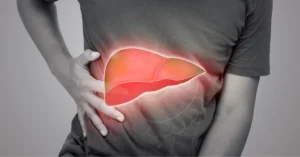
Fatty Liver Disease
Fatty liver disease, once a rare condition, has now become
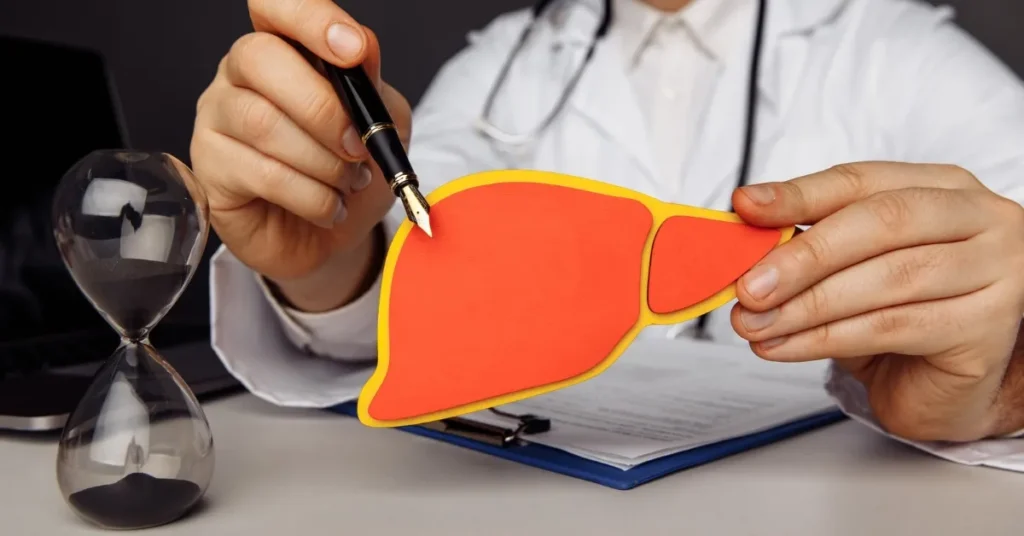
Liver transplant surgery is a complex and highly specialized medical procedure designed to replace a failing or diseased liver with a healthy liver from a donor. This surgery is typically considered for patients with severe liver conditions such as cirrhosis, liver cancer, or acute liver failure.
The liver is a vital organ responsible for various functions, including detoxification of harmful substances, production of bile for digestion, and regulation of blood clotting. When the liver fails to perform these functions due to disease or damage, a liver transplant becomes a necessary intervention.
Understanding the intricacies of liver transplant surgery helps patients and their families make informed decisions and prepares them for the journey ahead.
The liver transplant process is a meticulously coordinated series of steps that ensures the best possible outcome for the patient. It involves several key stages:
Understanding the liver transplant process is essential for patients and their families to prepare for the journey ahead and ensure a successful outcome.
Liver transplant surgery holds immense significance for patients with severe liver conditions. This life-saving procedure is often the only viable option for individuals suffering from end-stage liver disease, liver cancer, or acute liver failure. Here’s why liver transplant surgery is crucial:
Understanding the importance of liver transplant surgery helps patients and their families appreciate the value of this procedure and make informed decisions about their healthcare.
Recovery from liver transplant surgery is a critical phase that demands patience, diligence, and adherence to medical advice. The recovery process can be divided into several stages, each with its own set of challenges and milestones.
By understanding these aspects of liver transplant recovery, patients can better prepare for the journey ahead and work towards a successful long-term outcome.
Selecting the best liver transplant surgeons is a critical factor in ensuring a successful liver transplant surgery. The expertise and experience of the surgeon can significantly impact the outcome and overall patient experience. Here are some key considerations when choosing the best liver transplant surgeons:
By thoroughly evaluating these factors, you can choose the best liver transplant surgeons who will provide the highest level of care and increase the chances of a successful liver transplant surgery.
Liver transplant surgery, while life-saving, comes with its share of risks and complications. It is essential for patients and their families to be aware of these potential issues to manage expectations and prepare for post-operative care effectively.
Understanding these risks and complications enables patients and their healthcare teams to take proactive steps in managing them, ensuring a smoother recovery and better long-term outcomes.
Liver transplant surgery is a transformative procedure that offers a new lease on life for patients with severe liver diseases. Understanding the liver transplant process, recovery, and the importance of choosing the best liver transplant surgeons can help patients navigate this journey with confidence. Whether you are considering liver transplant surgery or supporting a loved one, knowledge and preparation are key to a successful outcome.
Common reasons include chronic liver diseases such as cirrhosis, liver cancer, acute liver failure, and genetic liver disorders. These conditions often result in severe liver damage, making liver transplant surgery a viable treatment option to restore liver function and improve quality of life.
Recovery varies but generally involves a hospital stay of 1-2 weeks, followed by several months of regular check-ups and monitoring. Patients need to take lifelong immunosuppressive medications to prevent organ rejection and must follow medical advice closely to ensure a successful recovery.
Risks include infection, organ rejection, and bleeding. Immunosuppressive medications increase infection risk, while rejection occurs if the body attacks the new liver. Post-operative bleeding is also a concern. Close medical supervision and prompt intervention are essential to manage these risks effectively.

Fatty liver disease, once a rare condition, has now become
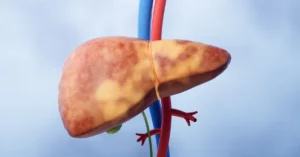
Cirrhosis of the liver is a serious medical condition that

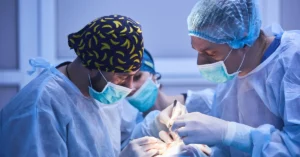


Undergoing a liver transplant is a monumental step in treating
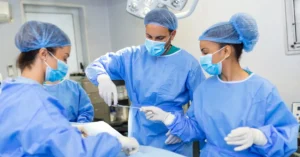
A liver transplant is a crucial and intricate surgical procedure
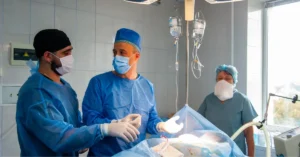
Embarking on a liver transplant journey in India is a

The donor matching process is a critical component of liver transplantation, where a liver transplant donor offers a life-saving opportunity to those suffering from severe liver conditions. Matching a donor with a recipient involves a detailed and complex series of steps, each designed to ensure that the donated liver provides the best possible outcome.

Embarking on a liver transplant journey in India is a profound and transformative decision, necessitating thorough preparation for the best results. From the initial evaluation to grasping eligibility criteria, every step is crucial

Liver transplant surgery is a critical procedure for patients with severe liver conditions. This blog explores the main indications for liver transplant surgery, including liver cirrhosis, acute liver failure, liver cancer, and metabolic liver diseases.

Cirrhosis of the liver is a serious medical condition that affects millions of people worldwide. Understanding this disease, its causes, symptoms, stages, and available treatments can help manage and potentially prevent its progression.